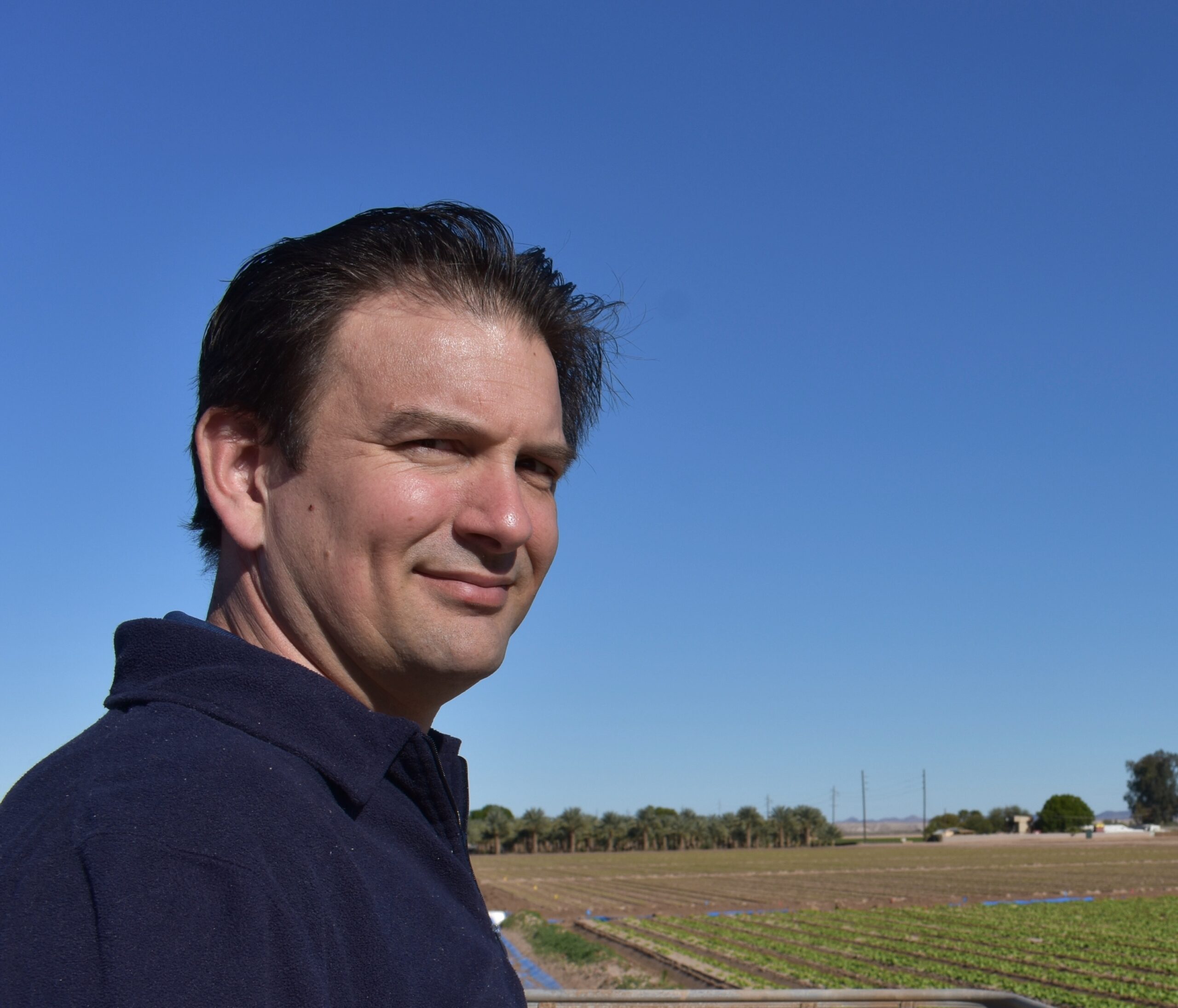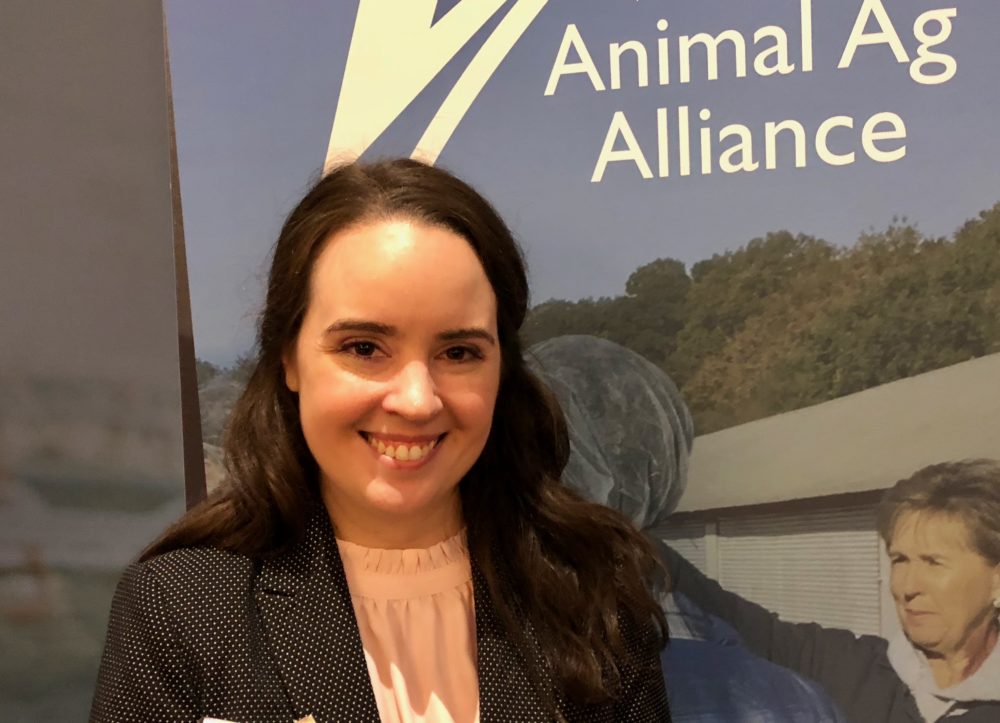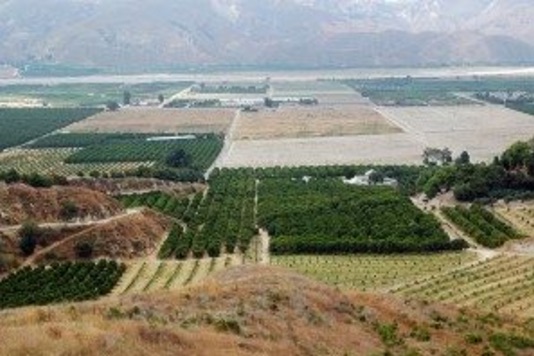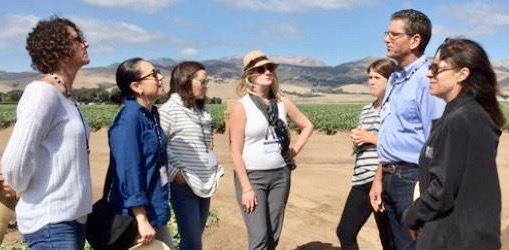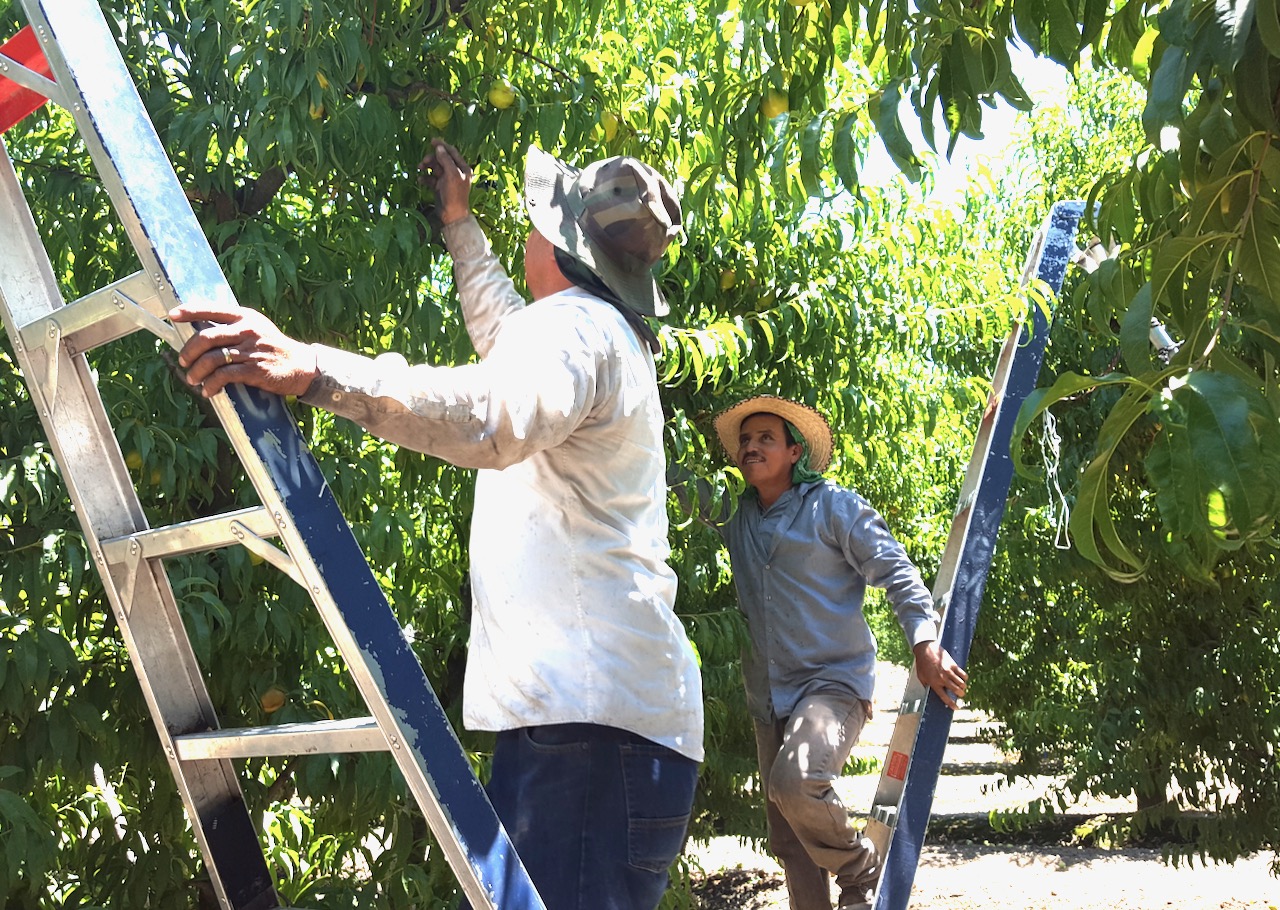Social Media Tips for Moveable Middle
Educating the Moveable Middle, One Picture at a Time
By Mikenzi Meyers, Associate Editor
With technological advancements that enable everyone to share stories on social media at the click of a button, farmers now have the ability to educate the public beyond the news that chocolate milk does not, in fact, come from brown cows. Casey Kinler, Communications Manager with the Animal Ag Alliance based out of Arlington, Virginia, is urging farmers to capitalize on this opportunity.

Sharing their agricultural story can be as simple as one photo a day with a beneficial, detailed explanation that will protect it from being taken out of context.
“Stay honest and be that relatable person that people can ask questions to,” Kinler advised.
It is important that producers are engaged in conversations with those optimistic and interested in where their food comes from. Kinler calls this the moveable middle and encourages this to be the focal point for farmers.
“Have a conversation with those people and don’t waste your time on people who are trying to detract your message,” she concluded.
